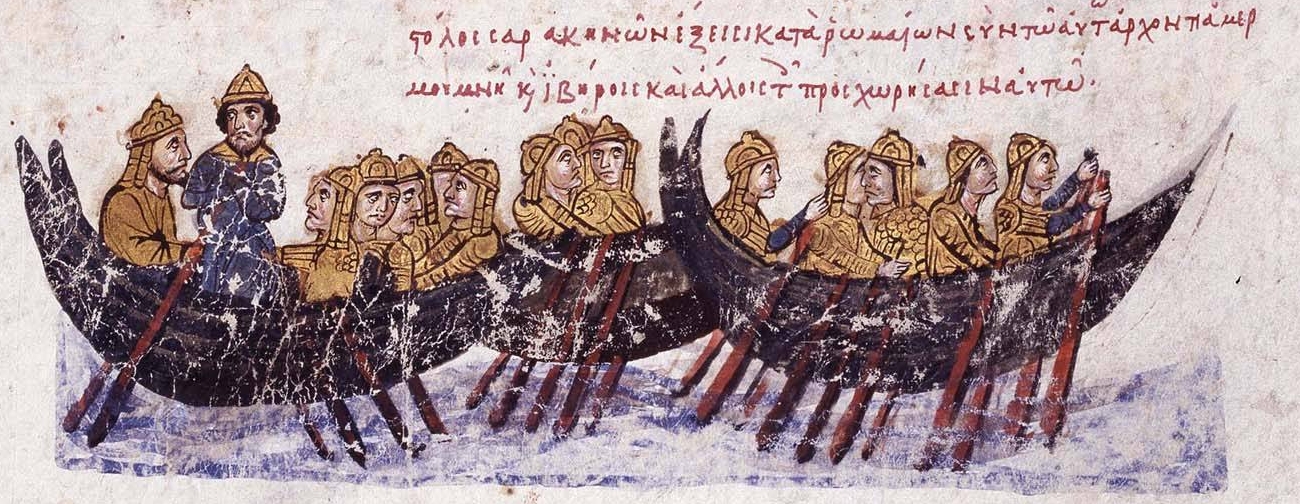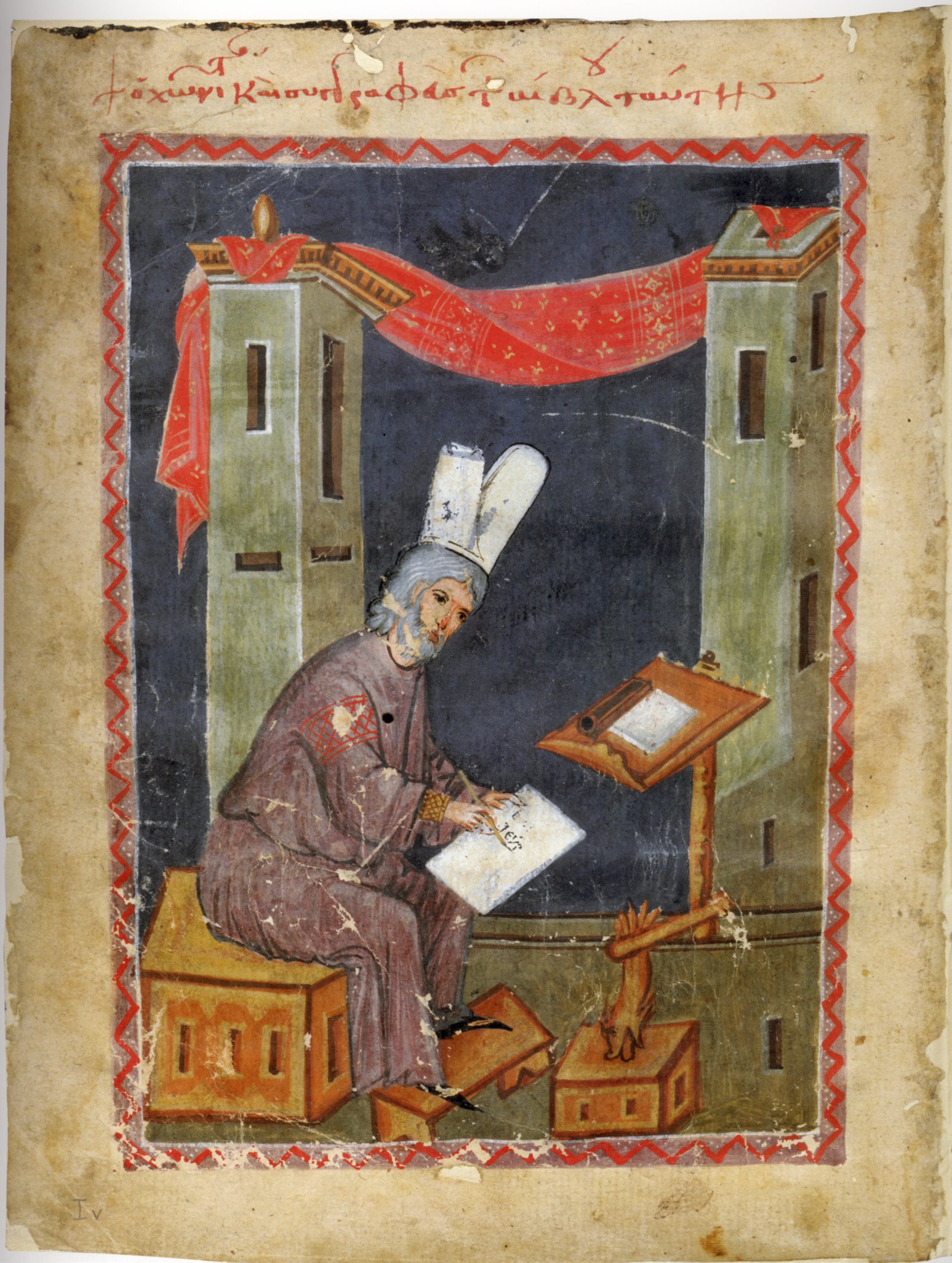|
Niketas (other)
Nicetas or Niketas () is a Greek given name, meaning "victorious one" (from Nike " victory"). The veneration of martyr saint Nicetas the Goth in the medieval period gave rise to the Slavic forms: '' Nikita, Mykyta and Mikita'' People with the name Nicetas * Nicetas of Syracuse, ( 400 – 335 BC), Greek philosopher * Nicetas of Smyrna, late 1st-century Greek sophist and rhetorician, see Second Sophistic * Nicetas of Remesiana, 4th-century bishop of the Dacians, now the patron saint of Romania * Nicetas the Goth, 4th-century martyr * Nicetas (Bishop of Aquileia), mid-5th-century archbishop of Aquileia * Nicetas (cousin of Heraclius), early 7th-century Byzantine general * Niketas the Persian, 7th-century Byzantine officer * Niketas (son of Artabasdos), mid-8th-century Byzantine general * Nicetas of Medikion (Nicetas the Confessor, 783 – 824), Byzantine monk and hegumenos * Nicetas the Patrician (Nicetas Monomachos, 761 – 836), Byzantine eunuch official and monk, oppon ... [...More Info...] [...Related Items...] OR: [Wikipedia] [Google] [Baidu] |
Nike (mythology)
In Greek mythology, Nike (; grc, Νίκη, lit=victory, ancient: , modern: ) was a goddess who personified victory in any field including art, music, war, and athletics. She is often portrayed in Greek art as Winged Victory in the motion of flight; however, she can also appear without wings as "Wingless Victory" when she is being portrayed as an attribute of another deity such as Athena.Suidas. ''The Suda on Line: Byzantine Lexicography''. Translated by Whitehead, David, et al. (2014). Accessed 9 December 2022. https://www.cs.uky.edu/~raphael/sol/sol-html/ In Greek literature Nike is described as both an attribute and attendant to the gods Zeus and Athena. Nike gained this honored role beside Zeus during the Titanomachy where she was one of the first gods to offer her allegiance to Zeus. At Athens, Nike became a servant to Athena as well as an attribute of her due to the prominent status Athena held in her patron city. The fusion of the two goddesses at Athens has contributed to ... [...More Info...] [...Related Items...] OR: [Wikipedia] [Google] [Baidu] |
Niketas Ooryphas
Niketas Oryphas or Oöryphas ( el, or , fl. 860–873). was a distinguished Byzantine official, '' patrikios'',. and admiral under the Byzantine emperors Michael III (r. 842–867) and Basil I the Macedonian (r. 867–886), who achieved several naval victories against the Cretan Saracen raiders. Biography Under Michael III Nothing is known of Niketas Ooryphas's early life. Several people surnamed Ooryphas are recorded in sources during the first half of the 9th century, all of them in high naval positions, but any family relation is conjectural. Niketas Ooryphas first appears in our sources in 860, as urban prefect of Constantinople, when a Rus' fleet suddenly appeared in the entrance to the Bosporus and started pillaging the city's suburbs. In his capacity as urban prefect, Ooryphas made a report to Emperor Michael III, who was campaigning against the Arabs in Asia Minor. At a subsequent date, he was appointed in a position in the Byzantine navy, and in 867 he was ... [...More Info...] [...Related Items...] OR: [Wikipedia] [Google] [Baidu] |
Niketas Stethatos
Niketas Stethatos ( el, , la, Nicetas Pectoratus; c. 1005 – c. 1090) was a Byzantine mystic and theologian who is considered a saint by the Eastern Orthodox Church. He was a follower of Symeon the New Theologian and wrote the most complete biography of Symeon, ''Life of Symeon''. Life Niketas Stethatos was born c. 1005 and entered the Monastery of Stoudios in Constantinople at the age of fourteen. He became a close disciple of Symeon the New Theologian, eventually writing the most complete biography of his teacher, the ''Life of Symeon''. Niketas later became abbot of the Monastery of Stoudios. The sobriquet "Stethatos", meaning "courageous," was given to Niketas due to his speaking out against Constantine IX Monomachos having an illicit mistress. Niketas Stethatos is credited with defending Symeon the New Theologian's teachings on hesychast prayer, which were considered subversive even by some eastern church authorities. Niketas gained the support of the Patriarch of Constanti ... [...More Info...] [...Related Items...] OR: [Wikipedia] [Google] [Baidu] |
Nicetas II Of Constantinople
Nicetas II Mountanes ( el, Νικήτας Β΄ Μουντάνης), (? – after 1189) was Ecumenical Patriarch of Constantinople from February 1186 to February 1189. He was appointed by the Byzantine emperor Isaac II Angelos Isaac II Angelos or Angelus ( grc-gre, Ἰσαάκιος Κομνηνός Ἄγγελος, ; September 1156 – January 1204) was Byzantine Emperor from 1185 to 1195, and again from 1203 to 1204. His father Andronikos Doukas Angelos was a .... References Bibliography * * * 12th-century births 12th-century deaths 12th-century patriarchs of Constantinople {{EasternOrthodoxy-bishop-stub ... [...More Info...] [...Related Items...] OR: [Wikipedia] [Google] [Baidu] |
Nicetas I Of Constantinople
Nicetas I (or Niketas; Greek: Νικήτας), (? – 7 February 780) was the Ecumenical Patriarch of Constantinople from 766 to 780. He was of Slavic ancestry and he was a eunuch. He was chosen by the Emperor Constantine V as a successor of the Patriarch Constantine II of Constantinople. However, Nicetas was quite unpopular in Constantinople because he was a supporter of iconoclasm. "''Nicetas was viewed as a mere mouthpiece of the emperor and was very unpopular with the iconophile population of Constantinople''." After his death in 780, Nicetas was declared a heretic. He was succeeded by Paul IV of Constantinople
Paul IV, known a ...
[...More Info...] [...Related Items...] OR: [Wikipedia] [Google] [Baidu] |
Niketas Scholares
Niketas Scholares ( el, Νικήτας Σχολάρης, fl. 1341–1361), was a Byzantine Greek aristocrat and one of the leading officials of the Empire of Trebizond, eventually becoming '' megas doux''. Niketas was a leader of the ''Scholarioi'' faction in Trebizond during the civil wars of the mid-14th century. Life Niketas' parents are not recorded. Because John Lazaropoulos named one of the factions that emerged after the death of Emperor Basil (6 April 1340) the ''Scholarioi'', which was reminiscent of the former Byzantine military unit of the ''Scholai'', George Finlay concluded that his family had its origins with the members of the imperial bodyguard in Constantinople at the time of its fall to the Fourth Crusade. While it is plausible that refugees from Constantinople relocated in Trebizond, where they restored their fortunes and had heirs, it is more likely a coincidence that Niketas Scholares bore the name of this unit, than that his immediate ancestors held a commis ... [...More Info...] [...Related Items...] OR: [Wikipedia] [Google] [Baidu] |
Niketas Choniates
Niketas or Nicetas Choniates ( el, Νικήτας Χωνιάτης; c. 1155 – 1217), whose actual surname was Akominatos (Ἀκομινάτος), was a Byzantine Greek government official and historian – like his brother Michael Akominatos, whom he accompanied to Constantinople from their birthplace Chonae (from which came his nickname, "Choniates" meaning "person from Chonae"). Nicetas wrote a history of the Eastern Roman Empire from 1118 to 1207. Life Nicetas Akominatos was born to wealthy parents around or after 1150 in Phrygia in the city of Chonae (near the modern Honaz in Turkey). Bishop Nicetas of Chonae baptized and named the infant; later he was called "Choniates" after his birthplace. When he was nine, his father dispatched him with his brother Michael to Constantinople to receive an education. Niketas' older brother greatly influenced him during the early stages of his life. He initially secured a post in the civil service, and held important appointments under t ... [...More Info...] [...Related Items...] OR: [Wikipedia] [Google] [Baidu] |
Nicetas (Bogomil Bishop)
Nicetas, known only from Latin sources who call him ''papa'' Nicetas, is said to have been the Bogomil bishop of Constantinople. In the 1160s he went to Lombardy. His purpose was apparently to reinforce the dualist beliefs of the Cathars of these regions, and, in particular, to throw doubt on the validity of their spiritual lineage or ''ordo'', the sequence of '' consolamenta'' by which they were linked to the Apostles. Mark, who then presided over the Cathars of Lombardy, belonged to the ''ordo'' of Bulgaria, which Nicetas impugned. Like original Bogomilism, was a moderate or monarchian dualist, believing in the inferiority of the "bad" or evil principle. Mark received ''consolamentum'' afresh from Nicetas, an absolute dualist who belonged to the ''ordo'' of Drugunthia or Dragovitia (in the southeastern Balkans), having received his ''consolamentum'' from bishop Simon of Dragovitia. Unlike Mark, Nicetas came from a late Bogomil current which believed both principles were coeternal ... [...More Info...] [...Related Items...] OR: [Wikipedia] [Google] [Baidu] |
Nicetas Of Chonae
Nicetas of Chonae was a 12th-century bishop of the city of Chonae in Phrygia In classical antiquity, Phrygia ( ; grc, Φρυγία, ''Phrygía'' ) was a kingdom in the west central part of Anatolia, in what is now Asian Turkey, centered on the Sangarios River. After its conquest, it became a region of the great empires .... References 12th-century Eastern Orthodox bishops 12th-century Byzantine bishops Byzantine Anatolians Year of birth unknown Year of death missing {{Byzantine-bio-stub ... [...More Info...] [...Related Items...] OR: [Wikipedia] [Google] [Baidu] |
Nicetas Of Nicomedia
Nicetas was a twelfth-century Archbishop of Nicomedia. He is noted for having said that the Church of Rome "has separated herself from us by her own deeds when through pride she assumed a monarchy which does not belong to her office." He also participated in a theological debate with Anselm of Havelberg when he was the Archbishop of Nicomedia. This took place on April 3, 1136 in the city of Constantinople, capital of the East Roman Empire (referred to sometimes as the Byzantine Empire The Byzantine Empire, also referred to as the Eastern Roman Empire or Byzantium, was the continuation of the Roman Empire primarily in its eastern provinces during Late Antiquity and the Middle Ages, when its capital city was Constantinopl ...).See Sylvain Gouguenheim, ''Aristote au Mont-Saint-Michel. Les racines grecques de l’Europe chrétienne'', Éditions du Seuil, coll. L'univers historique, Paris, 2008, p.109, () References 12th-century Eastern Orthodox bishops 12th-century Byz ... [...More Info...] [...Related Items...] OR: [Wikipedia] [Google] [Baidu] |
Nicetas Of Novgorod
Nicetas or Niketas () is a Greek given name, meaning "victorious one" (from Nike "victory"). The veneration of martyr saint Nicetas the Goth in the medieval period gave rise to the Slavic forms: ''Nikita, Mykyta and Mikita'' People with the name Nicetas * Nicetas of Syracuse, ( 400 – 335 BC), Greek philosopher * Nicetas of Smyrna, late 1st-century Greek sophist and rhetorician, see Second Sophistic * Nicetas of Remesiana, 4th-century bishop of the Dacians, now the patron saint of Romania * Nicetas the Goth, 4th-century martyr * Nicetas (Bishop of Aquileia), mid-5th-century archbishop of Aquileia * Nicetas (cousin of Heraclius), early 7th-century Byzantine general * Niketas the Persian, 7th-century Byzantine officer * Niketas (son of Artabasdos), mid-8th-century Byzantine general * Nicetas of Medikion (Nicetas the Confessor, 783 – 824), Byzantine monk and hegumenos * Nicetas the Patrician (Nicetas Monomachos, 761 – 836), Byzantine eunuch official and monk, opponent of Icon ... [...More Info...] [...Related Items...] OR: [Wikipedia] [Google] [Baidu] |
Jean François Boissonade De Fontarabie
Jean François Boissonade de Fontarabie (12 August 17748 September 1857) was a French classical scholar. Life He was born in Paris. In 1792 he entered the public service during the administration of General Dumouriez. Driven out in 1795, he was restored by Lucien Bonaparte, during whose time of office he served as secretary to the prefecture of the Upper Marne. He then resigned public employment permanently, in order to devote his time to the study of Greek. In 1809 he was appointed deputy professor of Greek at the faculty of letters at Paris, and titular professor in 1813 on the death of Pierre Henri Larcher. In 1828 he succeeded Jean-Baptiste Gail in the chair of Greek at the Collège de France. He also held the offices of librarian of the Bibliothèque du Roi, and perpetual secretary of the Académie des Inscriptions. Boissonade is the father of Gustave Emile Boissonade. Works Boissonade chiefly devoted his attention to later Greek literature: *Philostratus, ''Heroica'' ... [...More Info...] [...Related Items...] OR: [Wikipedia] [Google] [Baidu] |



